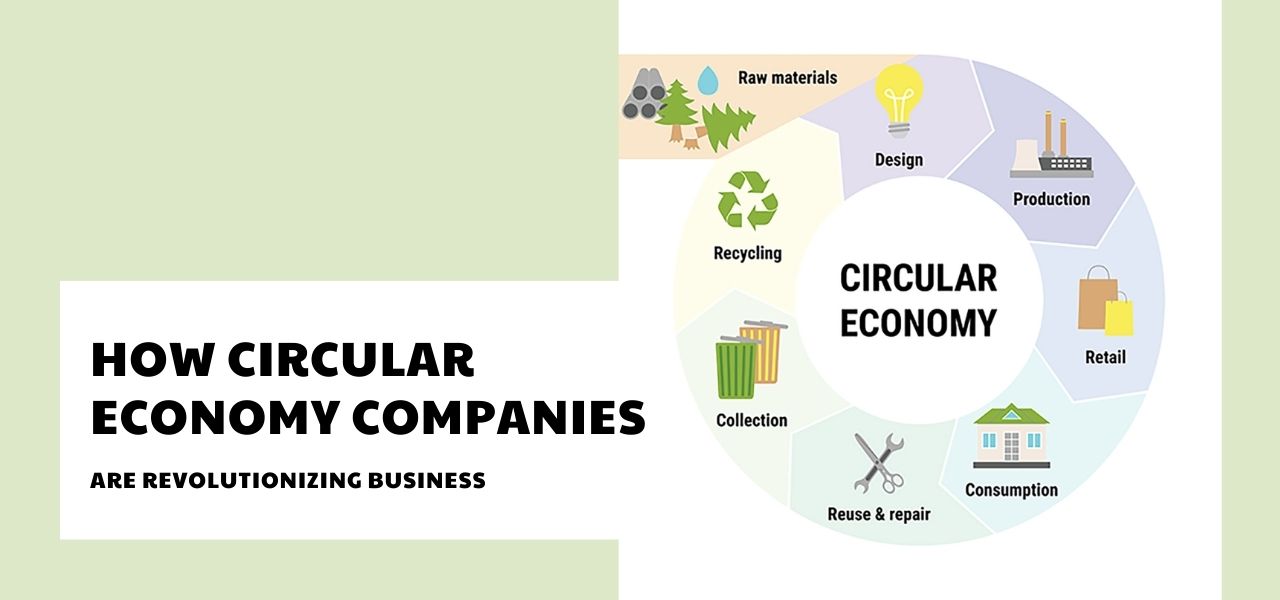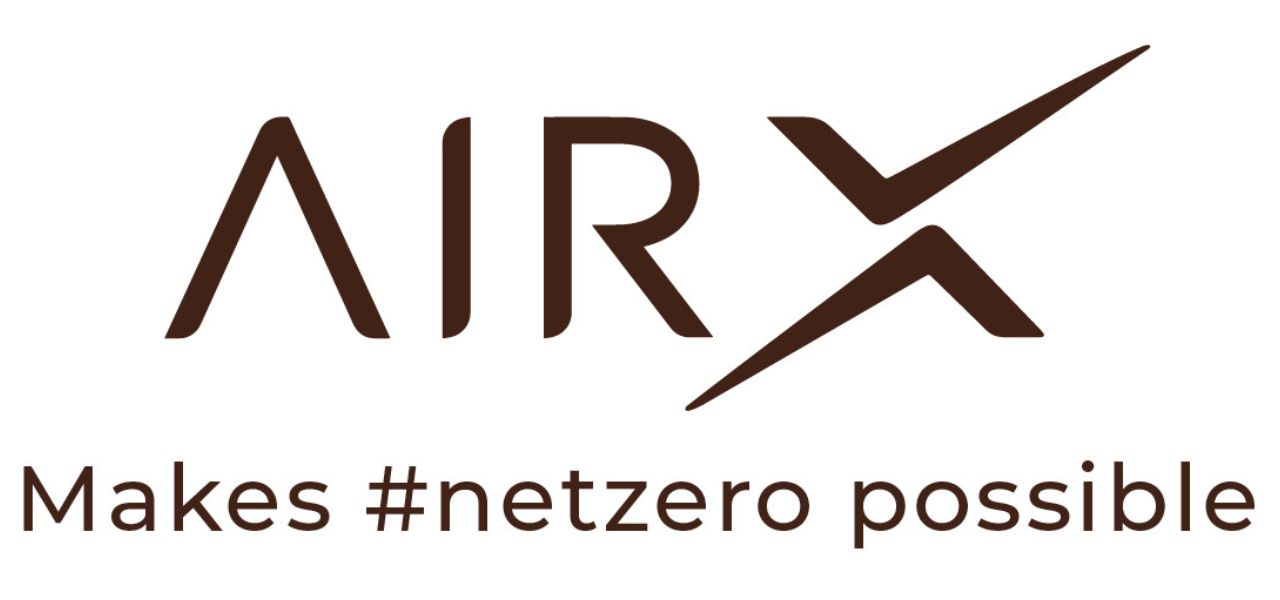How Circular Economy Companies Are Revolutionizing Business

Circular economy companies are businesses that prioritize the principles of the circular economy in their operations, supply chain, and product offerings. These companies aim to reduce waste, extend the lifespan of products, and create a closed-loop system where resources are regenerated and reused. This approach is not only beneficial for the environment but also for the economy and society.
In this article, we will explore some of the top circular economy companies that are leading the way in sustainable business practices and making a positive impact on the world.
Advantages of circular economy companies
The circular economy is based on three core principles: reduce, reuse, and recycle. The first principle, reduce, involves reducing waste and minimizing the use of resources. The second principle, reuse, involves extending the life of products and materials by repairing, refurbishing, or repurposing them. The third principle, recycle, involves collecting and reprocessing materials to create new products.
The circular economy companies brings a multitude of benefits to the environment and society, but also to businesses that embrace it. Here are some of the advantages of the circular economy companies:
- Cost savings: Adopting circular economy principles, such as reusing and recycling resources, can result in cost savings for companies. By finding new uses for waste products, businesses can reduce their reliance on virgin materials, which can be expensive.
- Improved reputation: As consumers become more environmentally conscious, companies that prioritize sustainability and circular economy principles can improve their brand reputation and attract more customers. This can also help them differentiate themselves from competitors.
- Reduced carbon footprint: Companies that embrace the circular carbon economy can significantly reduce their carbon footprint by reducing waste, using renewable energy, and implementing sustainable practices throughout their supply chain.
- Access to new markets: Circular economy companies can tap into new markets by offering products and services that prioritize sustainability. This can include recycling or repurposing products, using sustainable materials, and reducing waste.
- Innovation opportunities: The circular economy requires innovative solutions and technologies, providing opportunities for companies to develop new products, services, and business models. By embracing the circular economy, businesses can drive innovation and gain a competitive advantage.
- Regulatory compliance: As governments around the world implement stricter environmental regulations, companies that prioritize circular economy principles can ensure compliance and avoid costly fines.
Overall, the circular economy companies provides companies with a pathway to sustainable development that benefits both the environment and society. By adopting circular economy principles, businesses can reduce waste, save costs, and improve their reputation while contributing to a more sustainable future.
Circular Economy Companies
Circular economy companies are businesses that have adopted circular economy principles in their operations, products, and services. These companies focus on creating a closed-loop system that maximizes resource efficiency, minimizes waste, and reduces carbon emissions.
One such company that has embraced circular economy principles is AirX. The company produces plant-based plastic material that captures carbon during the growth process, making it carbon negative. By offering this solution, AirX enables its customers to adopt circular economy practices by using materials that can be reused, recycled, or composted, rather than traditional single-use plastics that contribute to the waste problem.

Other examples of circular economy companies include Patagonia, a clothing brand that promotes sustainable fashion by encouraging customers to repair or recycle their clothing, and Philips, a technology company that has implemented a circular business model for its lighting products. Philips recovers and refurbishes its products at the end of their life cycle, minimizing waste and maximizing value.
The circular economy companies approach has also been adopted by food companies, such as Toast Ale, a beer company that uses surplus bread in its brewing process, and Elopak, a packaging company that produces sustainable cartons made from renewable materials.
In the automobile industry, Renault has implemented a circular economy strategy by focusing on the refurbishment and resale of its electric car batteries, reducing waste and promoting resource efficiency.
Overall, circular economy companies are leading the way in sustainable development by demonstrating that economic growth and environmental sustainability can go hand in hand. By adopting circular economy principles, these companies are not only reducing their environmental impact but also creating new business opportunities and increasing resilience to resource scarcity and price volatility.
Future of Circular Economy Companies
The future of the circular economy companies looks promising, as more and more businesses recognize the importance of reducing their carbon footprint. The circular economy companies has the potential to create a more sustainable future by reusing carbon and reducing waste.
One area of focus for the circular economy companies is carbon capture and storage. This process involves capturing carbon dioxide emissions from industrial processes and storing them underground or repurposing them for other uses. This can help reduce the amount of carbon released into the atmosphere, mitigating the effects of climate change.
Another area of focus for the circular economy companies is renewable energy. The use of renewable energy sources such as wind and solar power can reduce the need for fossil fuels, which are a major source of carbon emissions.
In addition to carbon capture and renewable energy, circular economy companies are also exploring new technologies and processes for reducing carbon emissions. For example, some companies are developing carbon-negative building materials, which capture more carbon than they emit during the manufacturing process.
Overall, the future of the circular economy is dependent on the willingness of businesses and governments to invest in sustainable practices. By adopting circular economy principles, companies can not only reduce their carbon footprint but also create new opportunities for growth and innovation.
>>> Learn more: The Circular Carbon Economy: A New Frontier for Sustainable Development
Contact us
AirX is the world's first carbon-negative bio-material made from coffee grounds.
We specialize in producing bio-based composites using recycled carbohydrates derived from by-products such as coffee grounds, coconut husk, husk, and bamboo. Our goal is to promote sustainability through the use of eco-friendly materials.
We are always here to help and provide the best service possible. If you have any questions or would like to receive advice and feedback directly from our sales staff, please do not hesitate to contact us. You can reach us through:
- Whatsapp: +84 969 742 950
- Email: [email protected]
We look forward to hearing from you!

